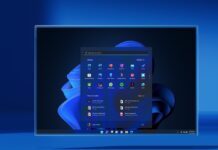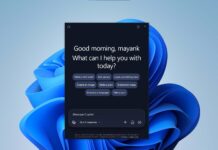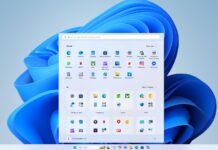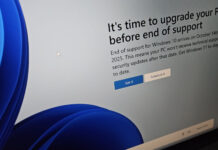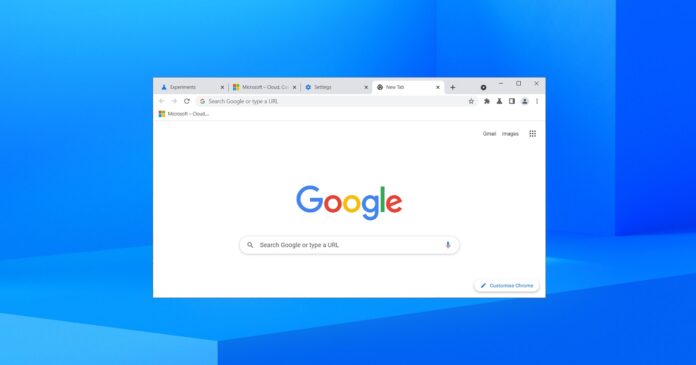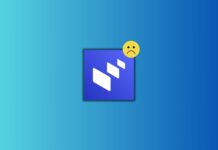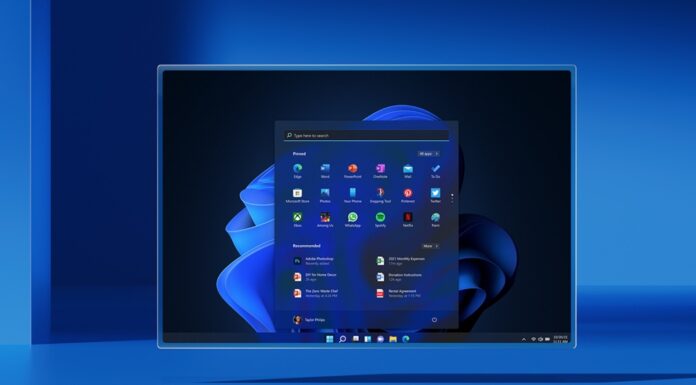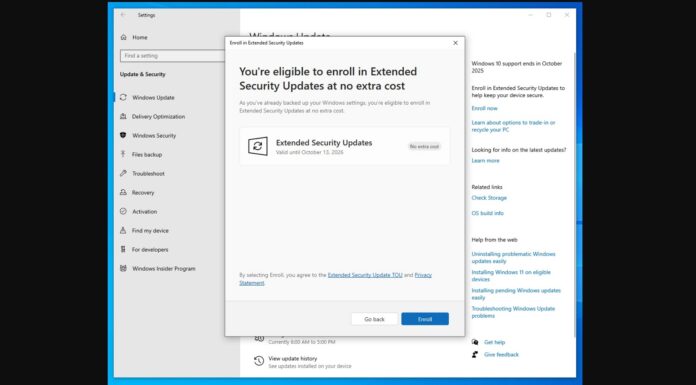Google will be upgrading the web apps soon by adding ‘tabbed’ display mode/interface i.e tabs to the web apps on Windows 11, Windows 10, and other desktop platforms. The company dropped the hint of the feature in a bug post filed in 2018 and it’s now planning to prototype the idea, according to a document spotted by us.
Google wants web apps to be as powerful as possible, and one way to do that is to make multitasking easier. All browsers have tabs and it would make sense if web apps support tabs too. Google believes tabbed display mode in web apps will allow you to access various features of the PWA without leaving the primary window.
This can make copying, uploading and navigation much easier than the current web apps, where you need to rely on a web browser or other apps to perform certain tasks. With the current implementation, when in a web app, if you click on a link, the web app loses focus and users are redirected to a browser.
With a ‘tabbed’ interface or display, Google believes it is possible to have a behaviour similar to a regular browser window. For example, tabs in web apps will let you open multiple documents from an index page.

Google is exploring support for a new display mode “tabbed” and a new variable “tab_strip” in a new manifest which lets web apps.
“Currently PWAs in a standalone window can only have one page open at a time. Some apps expect users to have many pages open at once. Tabbed mode adds a tab strip to standalone web apps that allows multiple tabs to be open at once,” Google noted in a document.
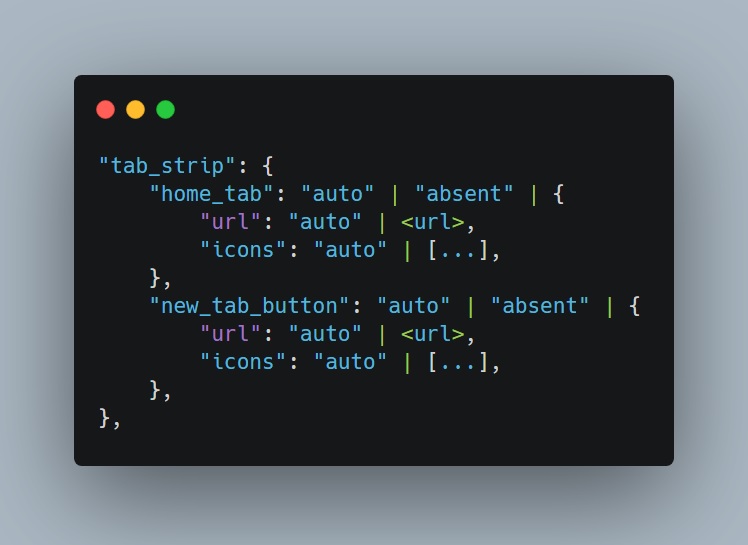
In the above code, the “home tab” refers to the primary or pinned tab of the web app that will always open when you launch the web app. If you click on a link within this pinned tab or homepage, it will direct you to a new tab. The new manifest field enables customization of the tab strip, according to the company.
Google says “apps can choose to customize the URL this tab is locked to and the icon displayed on the tab”.
Additionally, user agents can decide where to handle these tabs around to create new windows or combine them with browser tabs.
This feature can be particularly useful for productivity apps that allow editing multiple documents at once and have a home tab i.e a homepage. For example, Office for Windows comes with a homepage and it includes links to the documents and other features.
Similarly, Google’s web apps with a tabbed interface can use the home tab as a menu to open existing files, all of which would then open in their own tab.
According to a post on Google’s Chromium discussion forum, Google will be adding this feature to the browser soon and users can test it with a new flag “enable-desktop-pwas-tab-strip”.
In addition to web app improvements, Google Chrome is also getting modern scrollbars on Windows 11 and Windows 10.

